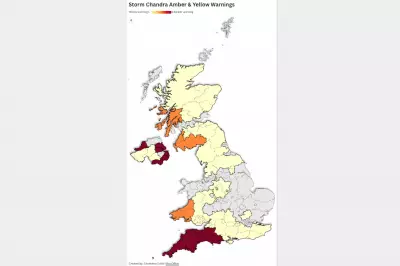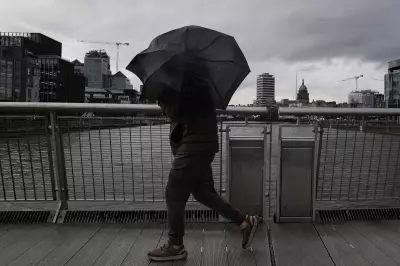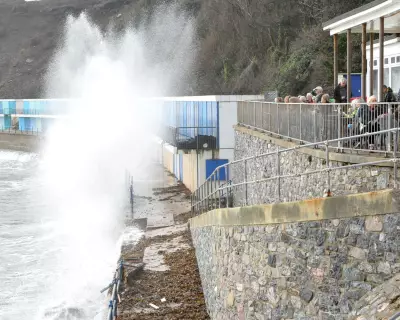
The United Kingdom is preparing for an unprecedented September heatwave, with the Met Office issuing its first-ever heat health alert for this time of year as temperatures are forecast to soar to potentially record-breaking levels.
Southern England is expected to bear the brunt of the extreme heat, with thermometers potentially climbing above 32°C in what could become the hottest September week ever recorded in UK history. The UK Health Security Agency has escalated its warning to the second-highest level, indicating significant impacts expected across the health sector.
Unprecedented Alert for September
This marks the first instance of a heat health alert being issued during September since the warning system was established. The alert remains in effect from 9 AM Tuesday through 9 PM Thursday, covering all NHS regions in England.
Met Office spokesman Stephen Dixon emphasized the exceptional nature of this event: "We're expecting temperatures well above average for September, potentially reaching the low 30s in southeast England. This could challenge historical records for this time of year."
Widespread Impacts Expected
The extreme heat is likely to cause significant disruptions across multiple sectors:
- Transport networks preparing for potential speed restrictions and service alterations
- Hospitals and healthcare services bracing for increased demand from vulnerable populations
- Workplaces implementing heat stress prevention measures for outdoor workers
- Schools considering adjustments to protect students during peak temperatures
Regional Variations and Timeline
While the southeast will experience the most intense heat, other regions will also see unusually high temperatures. The peak is expected mid-week, with conditions gradually cooling toward the weekend as fresher air moves across the country.
Meteorologists note that humidity levels will increase alongside temperatures, creating muggy conditions that could make the heat feel even more oppressive, particularly in urban areas where the urban heat island effect may push temperatures even higher.
Historical Context and Climate Patterns
This exceptional weather event occurs within the broader context of changing climate patterns. While individual weather events cannot be directly attributed to climate change, scientists note that extreme heat events are becoming more frequent and intense due to global warming.
The Met Office advises the public to follow standard heatwave precautions: stay hydrated, avoid excessive sun exposure during peak hours, check on vulnerable friends and neighbours, and keep living spaces as cool as possible.





